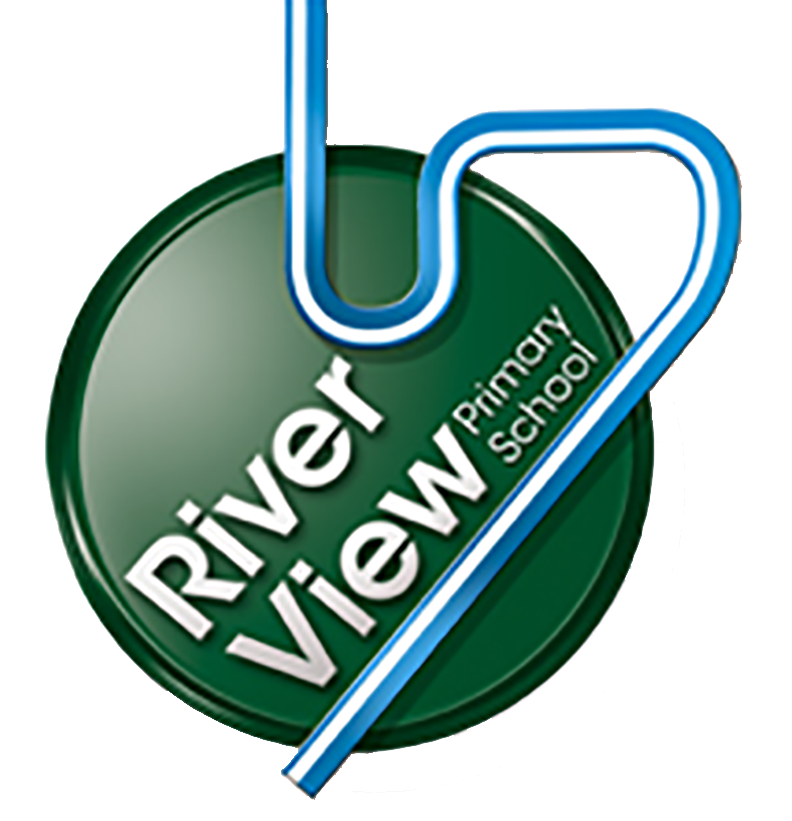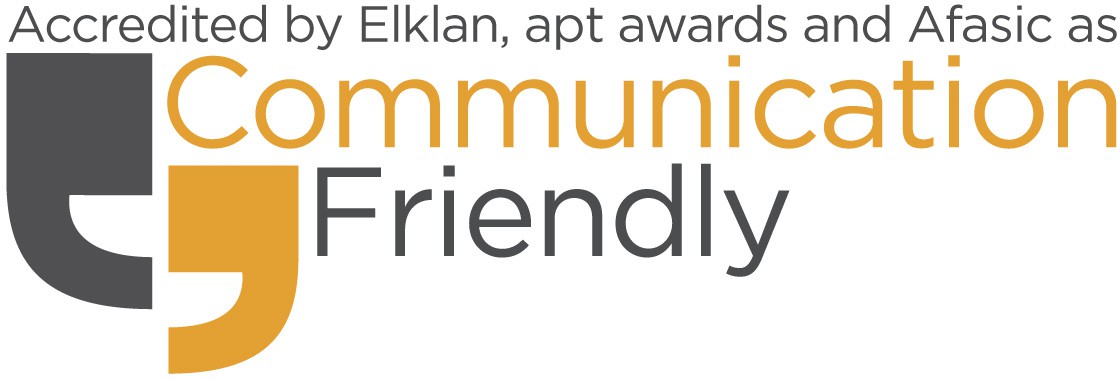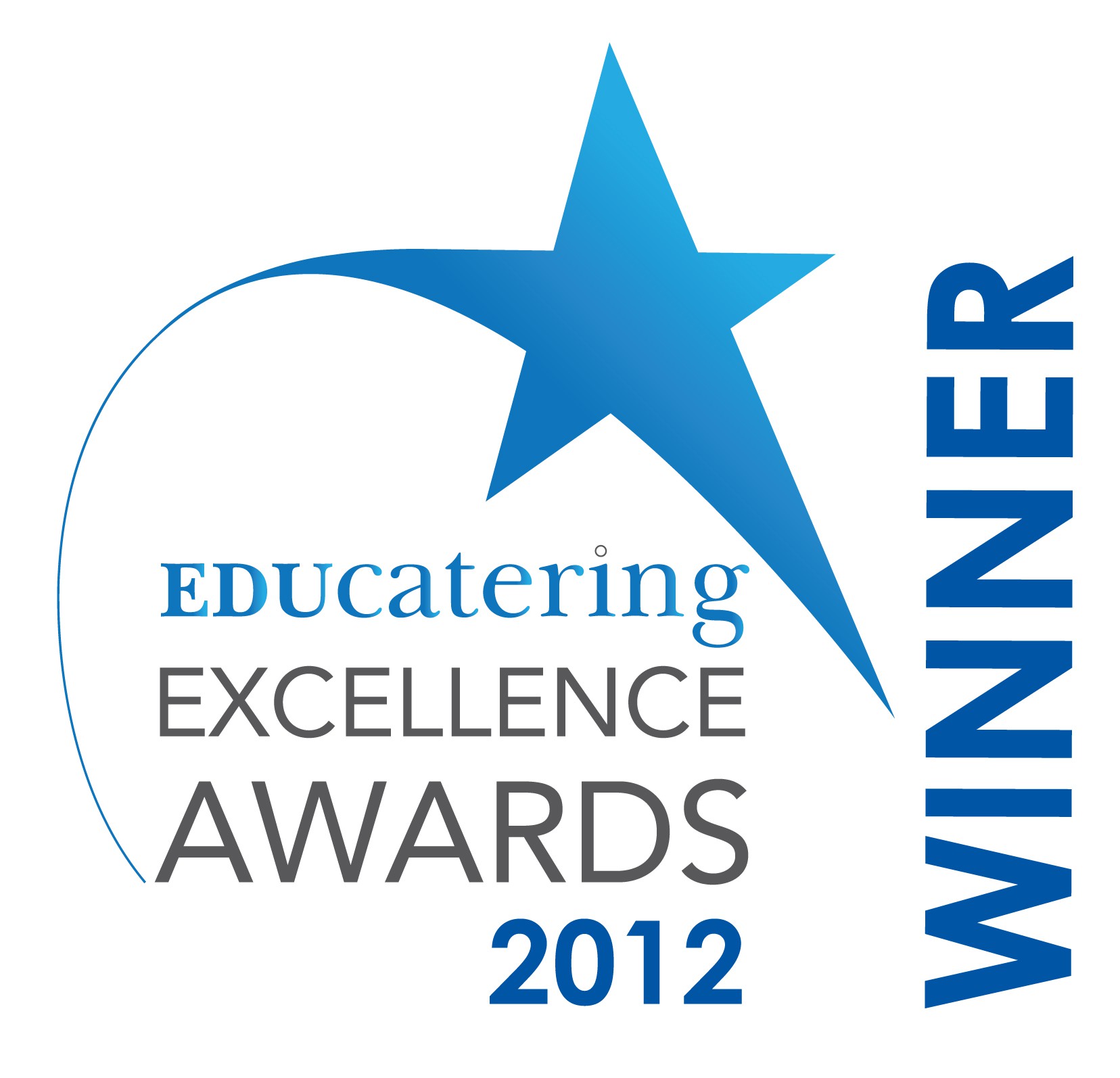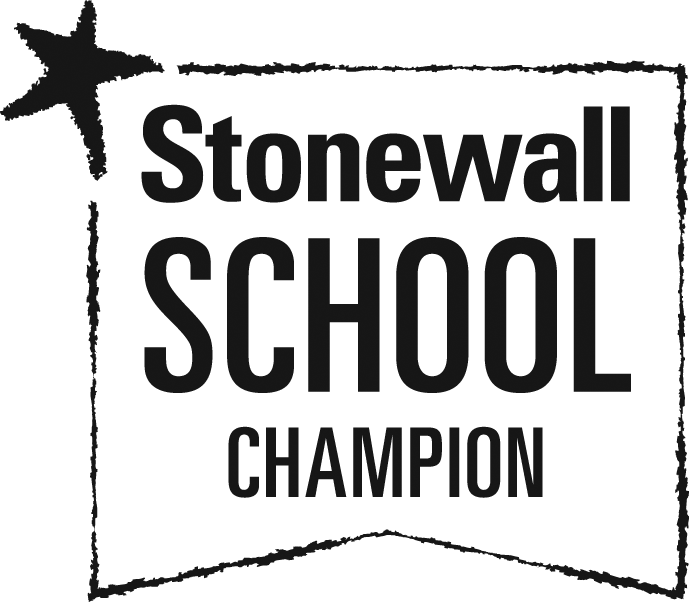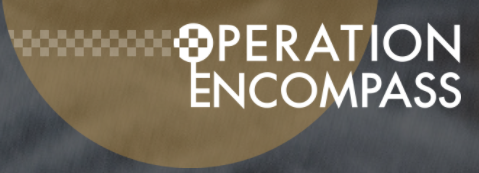Curriculum
Supporting the Curriculum: The River View Primary School Mission Statement
Our ethos and vision for the school includes the whole community. River View is known as an inclusive school which values diversity and treats each child as an individual. We provide an environment that enables all of our children to develop academically, socially, physically and emotionally to reach their full potential by removing barriers. Our resource provisions are fully embedded within the educational continuum.
The Enrichment Curriculum
We are not only concerned with the gaining of knowledge and skills but also with the development of the whole child. We believe in the importance of giving our pupils a positive self image and the confidence to enable them to function effectively in their environment and as citizens in their own communities. The enrichment curriculum is a supportive structure that promotes the development of individual resources and capabilities. It enables pupils to apply knowledge, understanding and skill in a manner that enables success in society and facilitates patterns of life-long learning and active citizenship. Examples of enrichment activities may include:
- Life skills programmes
- Work-related learning
- School council
- Participation in the local community
- Links with high schools
- Enterprise programmes
- Healthy eating programmes
- SMSC focused activities
- Citizenship programmes
Professional Support
Professional colleagues have a significant role to play in the curriculum of our pupils and may include:
- speech and language therapists
- occupational therapists
- physiotherapists
- art therapists
- educational psychologists
- medical and health professionals
- respite services
- local authority professionals
- social services and key workers
The Semi-Formal Curriculum
River View’s Semi-Formal Curriculum recognises that some children have a range of complex learning difficulties and disabilities. We support children to access the National Curriculum within their year groups through a personalised learning approach which is matched to pupil learning and developmental needs; lessons are fun, engaging, practical and meaningful. Regardless of the physical, emotional and learning challenges faced by the pupils due to their special educational needs and disabilities, teaching through our semi-formal curriculum captures the interest and imagination of our pupils.
Semi-Formal learners require a high level of adult support, both for their learning needs and their care, and are likely to need some sensory support, with their curriculum broken down into small steps. Some of our pupils communicate by signing, eye-pointing, simple evolving language, or with symbols, pictures, objects and PECS.
Approaches which can be used and adapted to provide personalised learning opportunities for children at River View include:
- speech and language therapy
- occupational therapy
- art therapy
- sensory processing assessments
- total communication including intensive interaction, Salford signalong, picture exchange communication (PECS), visual supports (objects of reference, photographs, pictures, and symbols)
- structured teaching and Visual Supports
- individual education plans (IEP’s)
- individual behaviour support plans
- social stories
- low visual and auditory environments
- access to spaces to enable pupils to withdraw to if they are experiencing sensory overload or are sensory seeking (sensory and movement rooms)
Intent - What we want to achieve through our Semi-Formal Curriculum
The Semi-Formal Learning Pathway aims to provide a curriculum that:
- provides explicit instructions and sufficient time for learners to repeat, practise, maintain and consolidate skills to develop independence
- develops learners’ levels of engagement by finding out what interests and motivates them
- provides meaningful contexts for learning that use real-life materials and experiences, concrete resources and practical every day activities so that learners link experiences and make connections
- supports learners to develop an awareness of, and interest in, themselves and their immediate surroundings and environments
- recognises the importance of play and games as motivational curriculum activities that allow repetition and consolidation of skills
- recognises that when using imagination and thinking of something that is not immediately present, children may need prompts to recall an experience
- Includes activities that move beyond memory building to take part in supported thinking and problem-solving activities
- provides opportunities for generalising and applying skills and knowledge across curriculum areas
- acknowledges that physical well-being and development of our pupils is important
- recognises that some of our pupils may not be physically able to complete practical processes without full support, but that they must be involved in choice and decision making about the process
